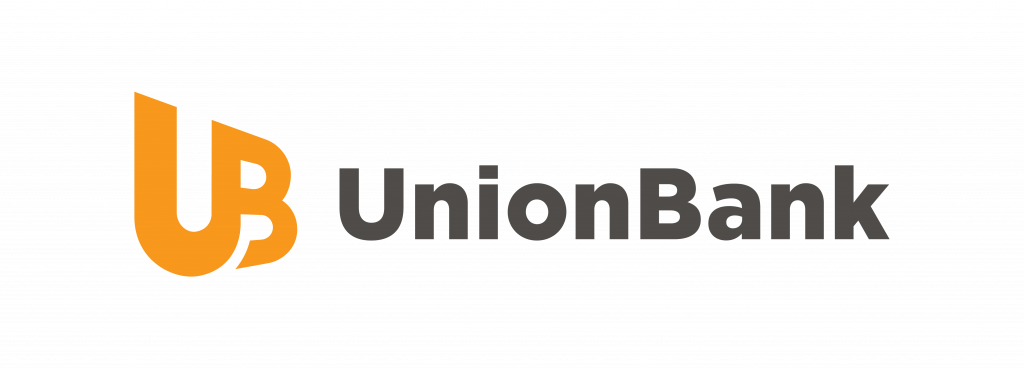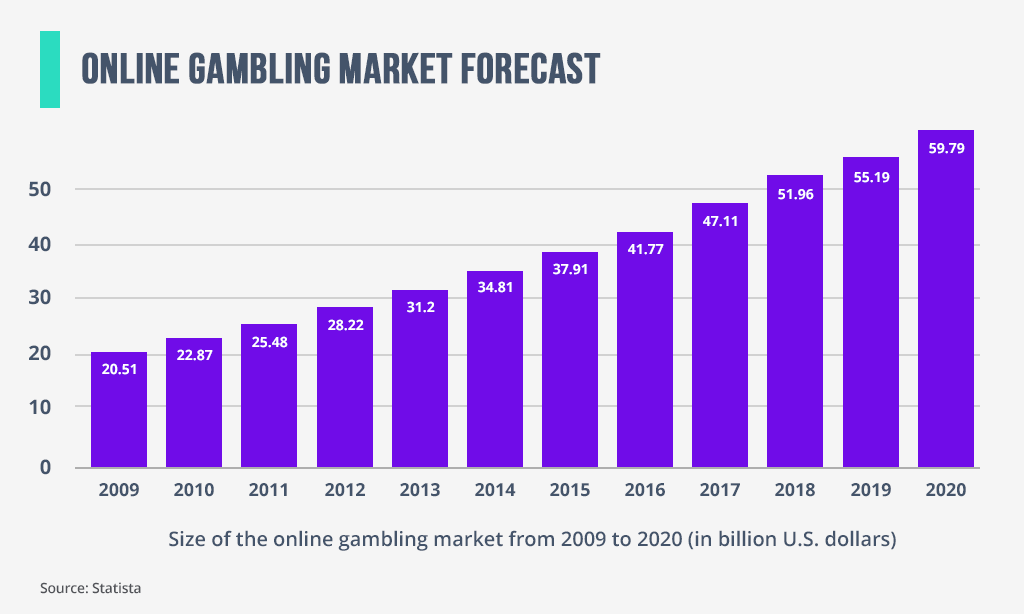As individuals, households and businesses readjust and look ahead to a new era and recovery, demand for financial advice is up by almost a quarter, reveals one of the world’s largest independent financial advisory organizations.
deVere Group, which operates in 100 countries worldwide, says the number of enquiries from new clients was up 24% in April, compared to the previous month.
Of the findings, Nigel Green, the founder and chief executive of deVere Group, observes: “Disruption and dislocation have hit entire economies and businesses of all sizes and in all sectors.
“This has had a very real and very immediate impact on the finances of individuals, households and businesses around the world.
“Suddenly, unexpectedly, many have realised that they didn’t have sufficient money behind them, they didn’t have contingency plans.
“This, as they know, could have consequences for the lifestyles and life opportunities of themselves and loved ones and, for those in business, for the long-term sustainability of their firm.
“With financial matters back in sharp focus, for many ‘I should have’ becomes ‘I need to have.’
“This most unusual situation has dramatically underscored that no-one really knows what is around the corner. Now more than ever people are seeking to be as financially prepared as they can for any eventuality.”
He continues: “The same thing happened following the 2008 financial crash. That too served as a wake-up call to many people to ensure that they become financially secure and there was a subsequent increase in demand for advice.
“Even then – when confidence in financial institutions, especially traditional banks, was at an all-time low – people understood that as the world evolves, your financial planning strategies might need to also.”
This, says Nigel Green, is driving the increasing demand. But in this tech-driven era, how do people want this advice delivered?
According to a poll carried out by deVere amongst existing and prospective clients, 52% said ‘face-to-face, 42% said they prefer videocall platforms like Zoom, and 6% answered ‘by telephone.’
“Given the circumstances and how much things have changed, I quite was surprised that the preferred option for the delivery of financial advice remains face-to-face.
“But video communication is only 10% behind, which is quite something as it is a new platform for most people.
“The survey underscores that increasingly people want bespoke financial advice combined with innovative technology.”
Mr Green goes on to add: “We can be in no doubt that the world has already fundamentally changed – and it will do so more and maybe at a faster pace.”
This was highlighted by the deVere poll which revealed that 72% of client respondents feel the world has changed permanently.
In addition, 80% said that in a similar way to after the 2008 crash, new companies will emerge and the same ones that were successful in the past were not guaranteed to succeed again.
“With these shifts impacting people’s finances, the majority of our new clients are seeking advice on savings plans, investments, foreign exchange, pensions and retirement planning and tax planning,” he notes.
The deVere CEO concludes: “2020 has been a year of change. For an increasing number, this includes a change in the way we prioritise, with long-term financial security for ourselves and our loved ones ever-more important.”



